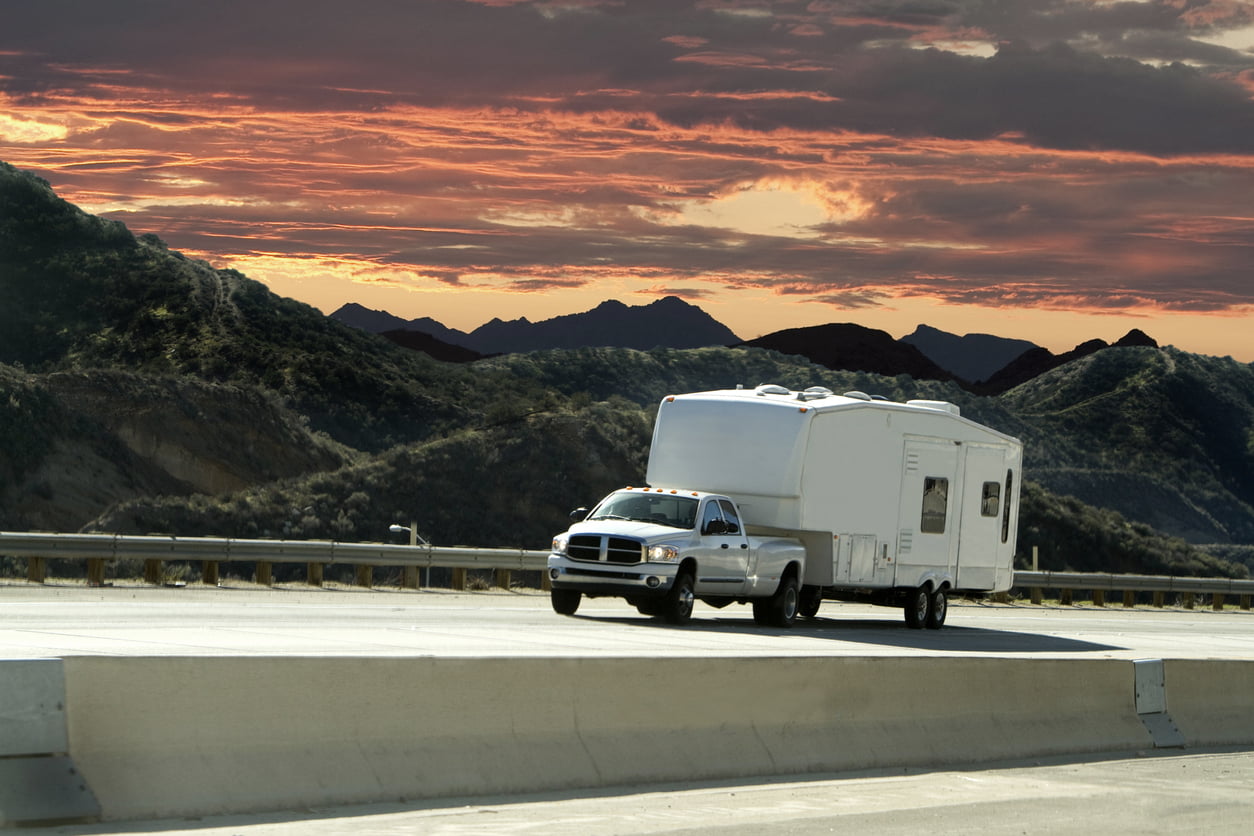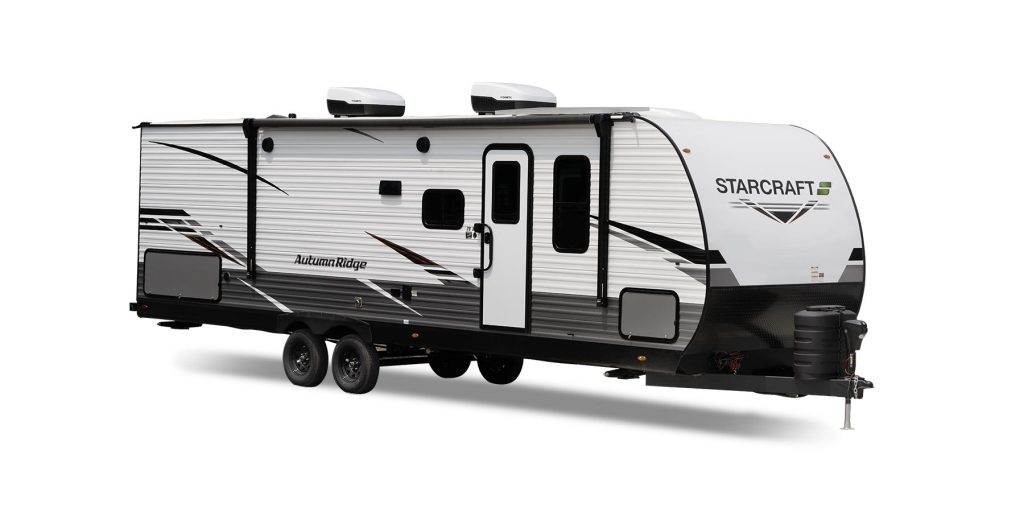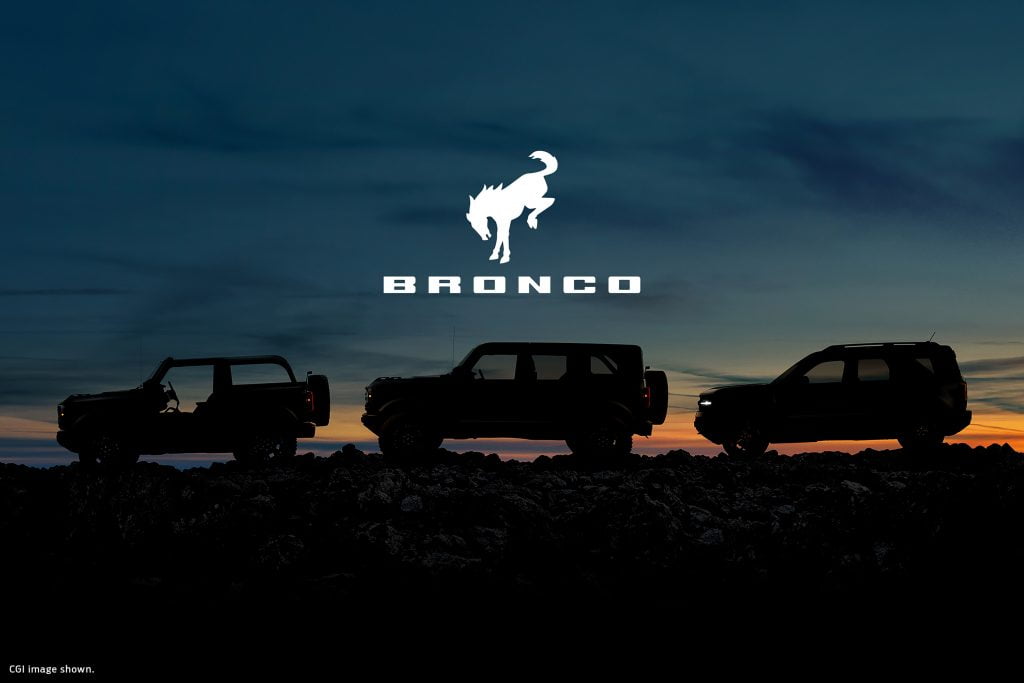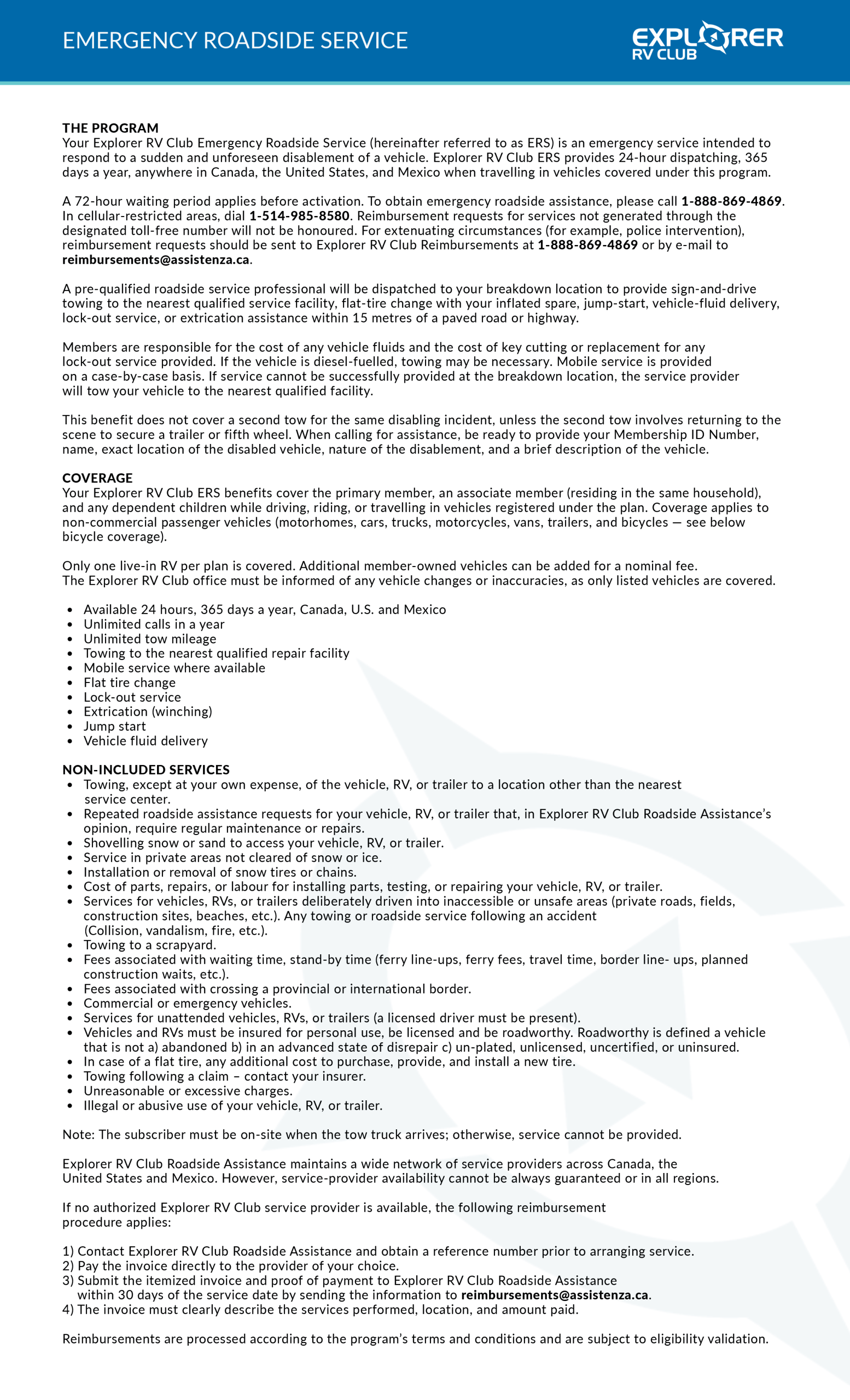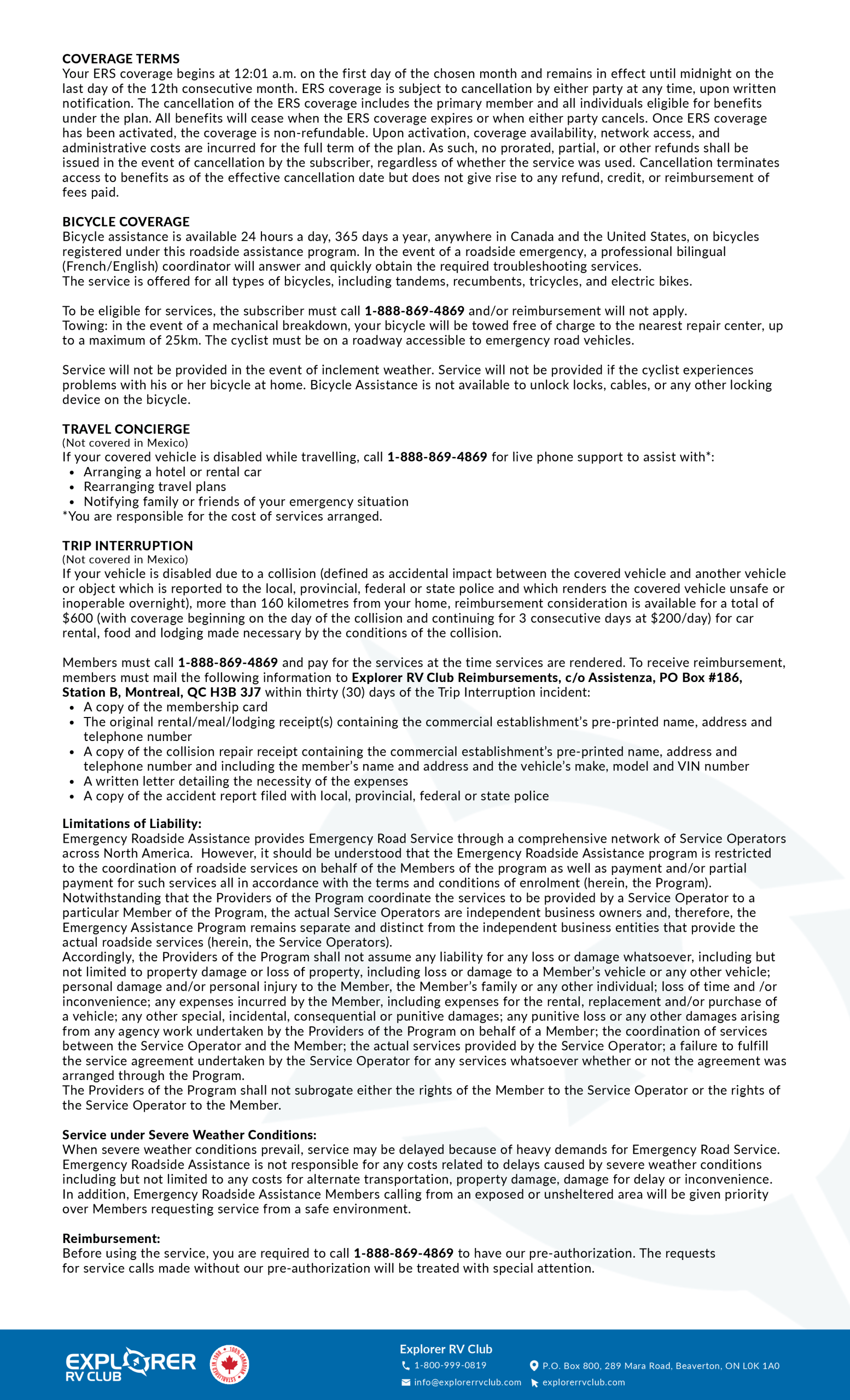If you want to hit the road and leave your worries behind, but don’t have an RV, then learning how to tow a trailer is your first order of business. With that move, you can have all the luxuries of an RV in a trailer you can tow behind your current rig. Even minivans can get in on the action, as long as you are well-versed in all there is to know about towing. To help you get started, here’s a quick guide on towing capacity, loading techniques, and everything in between.
Always Heed Maximum Weight Limits
You cannot just hook up any trailer to a vehicle with a hitch and hope for the best. You need to look at the numbers to figure out just how much trailer your vehicle can tow. Otherwise, you could go over its towing capacity and put too much strain on your vehicle’s drivetrain, suspension, and braking system.
Before you select a trailer, you need to find out just how much extra weight your vehicle can handle. To figure this out, find its gross combined weight rating. This figure represents just how much your vehicle can weigh, including all passengers, cargo, and trailer.
You will also need to know the curb weight of your vehicle, which is what it weighs without passengers, cargo, or any fluids. Plus, the approximate weight of all your passengers and cargo combined. Then, add the weight of the vehicle, cargo, and passengers together plus about 100 pounds for the fluids. After that, all you have to do is subtract that figure from the gross combined weight rating to find the towing capacity.
If your vehicle’s max weight limit is 14,000 pounds, for example, and your fully loaded vehicle weighs, 5,000 pounds, you can tow up to 9,000 more pounds. You do need to account for the weight of all the items you will put in the trailer as well. Keep that figure in mind as you shop for a trailer to find one that your vehicle can safely tow on all your adventures.
Get a Trailer Hitch That Matches the Trailer Weight
Your trailer hitch also needs to be up for the job to keep disaster at bay. There are many different hitch classes to consider, each with their own max weight rating. A Class I hitch can hold trailers up to 2,000 pounds, while a Class V tows more than 10,000 pounds without breaking a sweat.
When using your minivan for small vehicle towing fun, you will likely need a Class I or II hitch since the towing capacity is not likely to exceed 3,500 pounds. No matter what hitch you buy, make sure to always follow the manufacturer’s directions in hooking up the trailer to your vehicle.
Check Safety Systems Before Every Drive
After hooking up the trailer to the vehicle, you must always attach the safety chains. When placed in a crisscross pattern, these chains keep the trailer secured to the vehicle if the coupler detaches from the ball while driving. The chains should never hang too low or, worse yet, touch the ground.
With the chains in place, turn your attention to hooking up the electrical connector and checking the lights. Verify that the turn signals and brake lights operate as expected each and every time before hitting the road.
Another thing well deserving of a quick check before each drive is your tire pressure. Verify that all the tires on your vehicle and the trailer are in spec to keep optimal handling. Good tire pressure can also improve your fuel economy and reduce tire wear, two things that will definitely keep more money in your pocket.
Load Up Right to Decrease Sway
The way you load up your trailer with all your camping essentials matters as well. You need to evenly load items in your trailer to avoid putting too much weight at the front or the rear. If too many items are in the front, it will put excess strain on your vehicle’s rear axle. Too much in the rear? It has a higher chance of fishtailing and no one likes that. So, keep it balanced for best results.
Emergency Roadside Assistance Offers Peace of Mind
As you get used to towing your trailer, great insurance coverage and an emergency roadside assistance plan can provide true peace of mind. You can then focus on gaining confidence piloting your rig around town and well beyond without worrying about something going awry.
By joining Explorer RV Club, you can enjoy savings on your RV insurance and emergency roadside service, keeping more money in your pocket for all your RV adventures.

